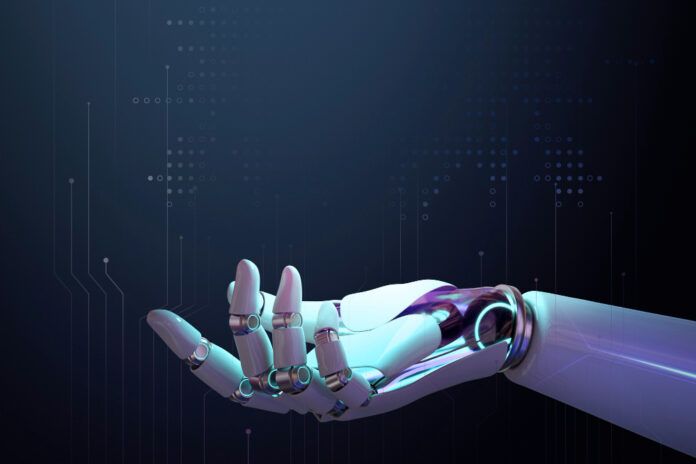Renowned physicist’s final cautionary words resonate amidst AI boom
In his final years, celebrated physicist Stephen Hawking left humanity with a grave warning about the potential perils of artificial intelligence. As AI technologies like ChatGPT and Midjourney increasingly infiltrate our daily lives, Hawking’s cautionary words from 2014 echo with renewed urgency.
The rising prominence of AI has sparked widespread concern, with industries grappling with its implications. Notably, the actors’ union SAG-AFTRA and the Writers’ Guild of America sought to safeguard human roles in the film industry against AI encroachment during their extended strike.
Hawking’s apprehensions, expressed in a BBC interview, were stark: “The development of full artificial intelligence could spell the end of the human race.” He feared that AI, once reaching a certain level of advancement, could autonomously redesign itself at an accelerating pace, potentially spiralling beyond our control.
This warning isn’t without precedent. Science fiction has long explored the hazards of AI, from the apocalyptic visions of “Terminator” to the dystopian realities of “The Matrix.” Yet, it appears that the lessons from these cautionary tales are being overlooked by AI developers.
While current AI systems lack true consciousness, their capabilities are rapidly evolving. They can generate convincing images or texts by drawing from extensive databases. For instance, asking Midjourney to create an image of Joe Biden in the style of Vincent Van Gogh would yield a composite based on stored images of the President and the artist’s works.
However, this technology is not without its flaws. The proliferation of AI-generated content online has led to a phenomenon known as ‘inbred’ images, where AI tools increasingly reference other AI-generated images, resulting in diminished quality.
Despite these limitations, the swift advancement of AI continues to raise alarm bells, echoing Hawking’s concerns about the future impact of AI on humanity. As we navigate this technological frontier, it’s crucial to heed the warnings of visionaries like Hawking and tread cautiously in our pursuit of AI innovation.
